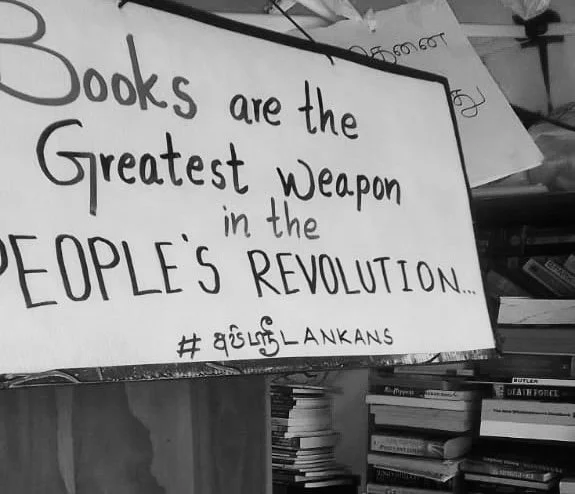Words don’t come as easily as they used to. Emotions come too easily without time to process. Both rain and fire storms hellishly coexist in a time undesirable and a place unsuitable for either. Perhaps they always have. But now the turmoil cannot be escaped. If nothing else the last two years taught us the price of globalization even the forcibly localized have to pay.
Despite the hellish landscape, the stormy world continues to spin on its axis. A few rejoice because they get to cash in, most cry because their families are left with empty bellies, many laugh because they cannot cry, and some watch because paralysis can come in literal and figurative forms.
The fortunate find a purposeful role to play amidst the storms. At least purposeful in their minds, which can help sustain a stubborn determination to win the battle waged in real time. Perhaps seeing or knowing the war is lost, however, the less fortunate slowly inhale the poison of helplessness. The empaths among them know its potency but cannot speak because they are trapped in a fatal double bind. While asking for food, the unfortunate are killed by state goons. The poor and marginalized have always known the line between themselves and the unfortunate is barely existent. The rest like to keep up pretenses.
To calm ourselves down we are told the time honored wisdom of breathing. Just breathe, someone will say. Soothe the mind, relax the nerves, go for a walk, meditate, deep breaths. Beyond instinctual reflexes there is something to be said about how to stand still in a storm and bear witness to its carnage. Perhaps the less fortunate can bear witness and be the historians of our future. But what if breathing itself becomes labored? How can one then survive the storm to tell the tale?
Like today and likely tomorrow, the storms raged yesterday. In the morning, someone replied to a question of how they were by saying, “I want to die.” She meant it. Her tired eyes betrayed her. She had survived a bomb blast, lived through terror in many forms, experienced death and destruction, borne sorrow and pain and yet this moment was her breaking point. These storms were killing her will to live. In the night, a young stranger on the street who could not have been more than sixteen, almost shrieked in desperation with tears in her eyes near a bus stand. She did not know how to ask for money for groceries. Her screams hung in the night air as the rain drizzled. Her eyes too betrayed her. They had not slept. Her small frame told everyone the limits of stretching money to make ends meet. The storms were killing her ability to survive. In the news economists will show us bar graphs and tell us the worst is yet to come but we must endure. The question is how.
How do those watching continue in these storms? How do you eat knowing many nearby go hungry? How do you breathe when those around you suffocate? Each breath carries a level of guilt that cannot be sustained. The spring that has been bouncing back will snap. Sleep gets interrupted by chest pains as daytime memories replay in fatal loops becoming nighttime terrors.
Suggestions have been made to escape the storms. Psychologists might note this as the ‘flight’ in an acute stress response. But hasn’t the poison of helplessness already been inhaled? Will moving help with breathing knowing others are still suffocating and dying? This suggests only one option: ‘fight’. But how does one fight the mind and sub-conscience let alone the storms that rage beyond control? Will fighting in whatever form help with labored breathing? If not, what will?
More importantly, how long do we have to figure that out?
